Hemophobia: description, causes and treatment

Human blood carries a great meaning, without it human life is impossible. The main component of the body is hidden from prying eyes and can only be seen in extreme cases - when any troubles occur. Most likely, this is why there are those among people who, before panic, are afraid of the sight of blood.
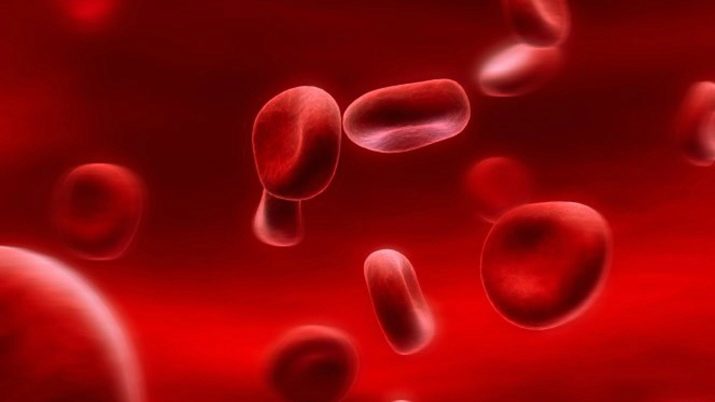
What it is?
People experiencing fear of the sight of bloodare called hemophobes. Two words: hemophobia and hematophobia translated from Greek as "fear of blood" (αἷμα - "blood" and φόβος - "fear"). This pathology belongs to obsessive states.
Hematophobes are afraid of the appearance of their own blood on the skin and the blood on the body of strangers. This phobic disorder is inherent not only in sick people, but also in completely healthy individuals, who may fall into a daze at the sight of this substance.
Historians say that Nicholas II experienced hemophobia due to the fact that his heir Alexei suffered from hemophilia (blood clotting disorder). The boy was bleeding heavily, and this terrified all family members for many reasons.


It is for the same reasons that people in most cases have a fear of blood. Fear is caused by its appearance, since all people understand that the main component of the human body does not just appear on the body. It is the result of an injury, cut or very severe injury. And the realization that this situation threatens with the loss of health and even life, definitely leads, if not to panic, then to very great fear.
Therefore, people are often afraid when they take blood from a vein. Not because it hurts, but because it is unpleasant. Your own blood can cause panic fear only because it is your own.That is why people are afraid to get tested and donate.

These fears are irrational, but it is very difficult to cope with them even for those subjects who have a relatively stable psyche.
Causes of occurrence
People have always been afraid of the sight of blood. This fear comes from time immemorial. Even then, a person learned the lesson well: if blood has begun to flow, then a critical moment has come, which can provoke death.
Hemophobia arises out of nowhere, but why it arises is another question. There are several reasons for irrational fear.
- Due to the fact that the parent or both parents suffered from phobic disorders. This predisposition appears as a result of a genetic factor, and the probability of transmission of an obsessive condition is 25%.
This statement has been proven by scientists in the course of numerous studies. And they also proved that phobia in most cases manifests itself in the following periods of human life: puberty, midlife crisis, late maturity, and in women also during menopause. Children from parents can be transmitted a certain response to stress, perception of the world, the level of impressionability, anxiety, a sense of fear... If adults in the house are afraid of the sight of blood, then the baby will begin to adopt this condition and grow up as a hemophobe.
- Social factors can be the cause. Especially susceptible to obsessive states are those individuals who quickly perceive any stress, experience strong emotions (mostly negative). If a suspicious person receives a severe injury, then he will remember the negative moment and the bleeding associated with it for a long time.
- Biochemical predisposition is only a hypothesis. However, she says that the phobia arises as a result of the excessive production of hormones, either serotonin, melanin, or adrenaline. At the sight of blood, an adrenaline rush can occur, and this will entail the development of an obsessive state for many reasons.
And yet this group of predispositions can be attributed to various addictions: alcoholic, narcotic, tobacco smoking... Substances that enter the body due to bad habits suppress the production of the necessary hormones. And this contributes to the development of mental disorders.
- Excessive activity also contributes to the appearance of a phobia, which causes the body to fatigue. And if at this moment a person sees heavy bleeding, then his reaction may be unpredictable.
- Too much information can trigger the development of fear. For example, when a person studied a large number of materials related to the fact that most serious and incurable diseases are transmitted through the blood. First of all, it is AIDS infection. After an impressionable individual learns that this disease can be contracted through a blood transfusion or through a used syringe, he will become afraid of someone else's blood.
- The fairer sex is especially susceptible to hemophobia. Due to the fact that women often experience bleeding associated with gynecological problems, they begin to experience irrational fear. And if medical care was provided poorly, then this disorder becomes persistent.
- People who have been involved in a car accident can also experience phobic disorders. It all depends on how much blood a person has lost after the tragedy. And if his life hung in the balance due to severe blood loss, then psychological disorders can turn into a full-fledged disease.
- After watching horror movies with a bloody plot, an impressionable person can develop a phobic disorder.
- One condition is fixed in consciousness: complete loss of blood is death. An open wound can lead to infection in blood vessels and cause pain, fever, and death.Therefore, urgent measures must be taken to eliminate the infection. And if the necessary antiseptics were not at hand, and the infection penetrated into the wound, then the person faces either amputation of a limb, or long-term antibiotic treatment. After such an incident, the victim himself and his loved ones will always be afraid of injury and blood.
Such fear can become quite irrational.
- Fear of blood can be caused by a person being in a sect.
- Rituals of black magic can also cause fear of blood.
In all cases, hemophobia occurs when a person has a certain predisposition due to his temperament. Therefore, not all people are susceptible to hemophobia. Some people may simply experience hostile attitudes that quickly pass. And in others, the condition begins to acquire an obsessive character, for this reason it is necessary to carry out treatment.
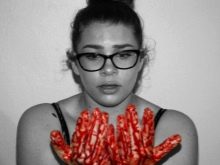


Symptoms
An individual suffering from hemophobia, even at the thought that he may suddenly start bleeding, will begin to panic. And such thoughts "wind up" the agitated consciousness. The psychological background is deteriorating. Pictures are getting scarier and scarier.
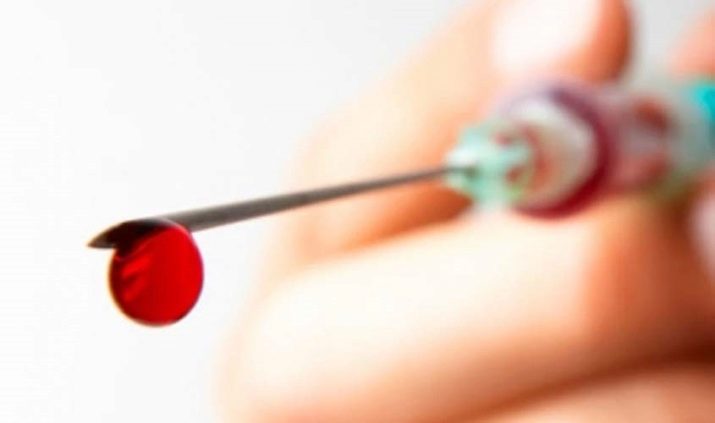
And if at this moment from an overstrain of the nervous system a person experiences nosebleeds, then he can reach an extremely negative state. At such moments, the hemophobe starts processes that affect the release of a large amount of adrenaline. And the body cannot cope with this release. And as a result of a panic attack, the following symptoms occur:
- spasmodic pressure (either increases or decreases strongly);
- the occurrence of severe arrhythmia;
- intermittent breathing;
- dizzy and headache;
- dry mouth appears;
- there is nausea and even vomiting;
- there is heavy sweating;
- consciousness becomes confused;
- vision deteriorates (may double in the eyes);
- speech becomes incoherent, and severe anxiety causes fear;
- an inadequate attitude to what is happening should also alert.
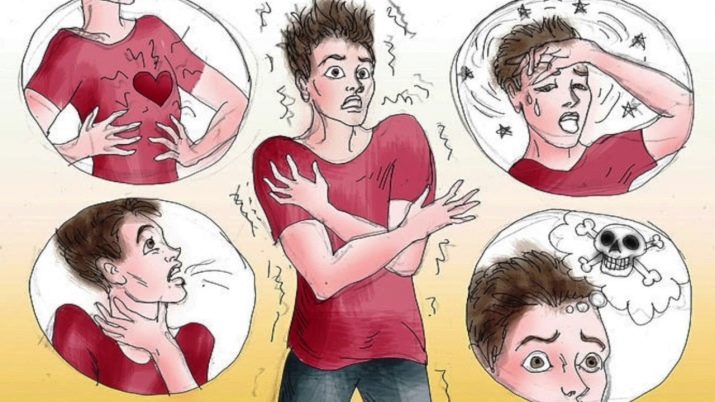
No one will deny that such manifestations are extremely dangerous to human life and health. And when the situation becomes more than critical, it is necessary to start treatment.
How to get rid of a phobia?
Any phobia is always associated with a specific factor. Like all normal fears, hemophobia has its own significance, as it refers to a sense of self-preservation. And without this feeling, human existence is impossible.
There are two types of fears: normal (a reaction that belongs to the category of natural) and pathological (irrational fear). The last type of fear (pathological) is a complex interweaving of various feelings. And therefore it is quite problematic. This means that you must first find out what caused the phobic disorder, that is, find out the reason for its development.

Often, the provocateurs of various mental disorders are internal or external conflicts.
Internal conflicts arise due to the fact that in childhood the individual experienced situations that contributed to the development of a negative attitude towards himself and towards life in general. Perhaps these were children's problems that appeared due to the fault of adults. For example, parents could involve their son in household work, which consisted of slaughtering animals for meat.
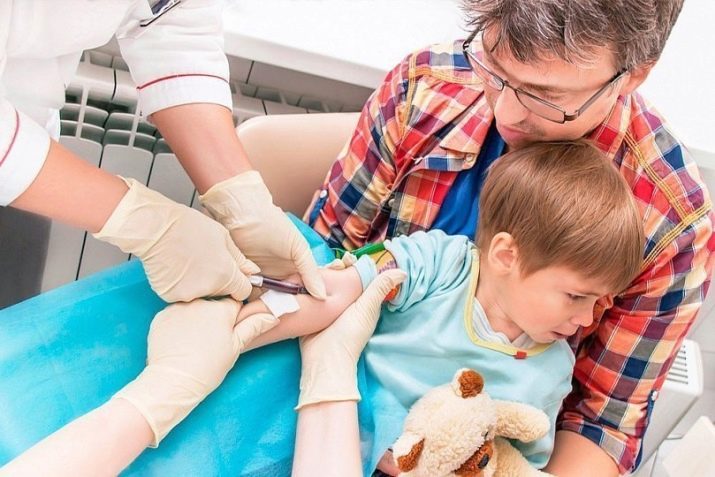
Or maybe the mother and father were unable to give the child some protection from the outside world, or, conversely, they took too much care of him. Having identified the cause of this behavior, obsessive states must be eliminated in time. You can turn to a psychologist for help, or you can just use the general advice of specialists.
- You should not allow unnecessary emotions and let fear inside your consciousness. First of all, get rid of bashfulness. Excessive worries will only increase your fear. For example, if you have a blood sample taken from a vein, then you should not focus on how ashamed you will be if you faint at the same time.On the contrary, you need to focus on this manipulation.
At this moment, by and large, nothing terrible happens. So, you just need to make sure that the nurse turns out to be a professional in her field and does not hurt you.
- Have patience. Getting rid of phobias is often not quick. In order to become completely healthy, you will have to work hard and process your negative emotions. Treat mild failure. Always hope for a positive outcome.
If at the sight of blood you feel bad, then do not despair. Work on yourself, look fear in the eye.
To do this, increase the number of visits to the treatment room, try to donate blood as a donor.
- Imagine yourself as a person who is not afraid of anything. Get into this image, and when you feel scared, think more about your image than about what you are afraid of.
- Don't focus on thoughts of trouble. (for example, nosebleeds). Don't project what is most likely not going to happen to you. Why once again excite your mind? Live in the here and now, then you will feel the taste of life and will think less about the bad.
- Remember, human life is made up of good and bad moments. And if trouble happened to you (you or your loved one was injured), then do not dwell on it. The bleeding will stop, you will be treated, given a tetanus shot, and so on. The consequences will not complicate your life, will not negatively affect your health.
- If you have been afraid of blood since childhood, then start shaming yourself. You cannot think and behave like a child when you have reached a very respectable age. These thoughts will set you in the right mood.
- If you have a fear that is directed towards the future, then try to think only of pressing problems. Consciousness paints a picture: you have an accident, and you are bleeding from a wound on your head. She fills her eyes and so on. Enough, stop this picture - it's in your power. Just say stop and imagine a white square.
So you "clear" your consciousness. Now try to redirect your rich imagination to the positive. Think about what a beautiful sea in summer, and you will definitely go on vacation. And further on increasing: swimming in salt water, sun, sand, etc.
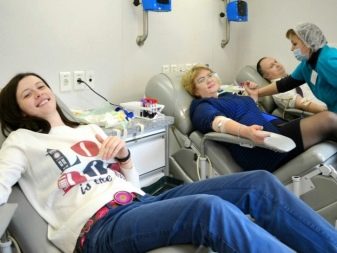

Phobia can be overcome only when a person wants to do it himself. Just do not get too carried away and neglect safety. Measure is needed everywhere.
Hemophobia is a rather difficult condition, so it is very difficult to get rid of it. Only a strong personality can overcome his fear without seeking help from specialists. When the state of phobia raises strong concerns, as it does not lend itself to correction, you need to contact a psychotherapist.
He will prescribe treatment such as cognitive behavioral therapy. With the help of desensitization, the therapist projects the development of events so that the patient gradually becomes accustomed to the type of blood. First, for this, an artificial substance is taken, and then it is replaced by a trip to the treatment room, where the test tubes with blood are located. The hemophobe begins to understand that the sight of blood cannot pose any danger. And then comes the next correction stage, which depends on the degree of development of the phobia.

If the phobia has acquired deeper roots, then simultaneously with other methods, the doctor usually prescribes medications: benzopropylenes, beta-blockers (they reduce overstimulation of emotions). Naturally, the intake of such pharmaceuticals should be carried out under the supervision of a specialist.
If you feel unwell, you can also use hypnotherapy. With the help of trance, a certain type of behavior will be imposed on a person, which will significantly reduce the fear of blood.
Along with other techniques, it is necessary to undergo a course of physiotherapy, which includes massage, treatment with wave radiation... Thus, anxiety is reduced, and the general tone of the body rises. You should not give up water treatments that contribute to overall muscle relaxation.
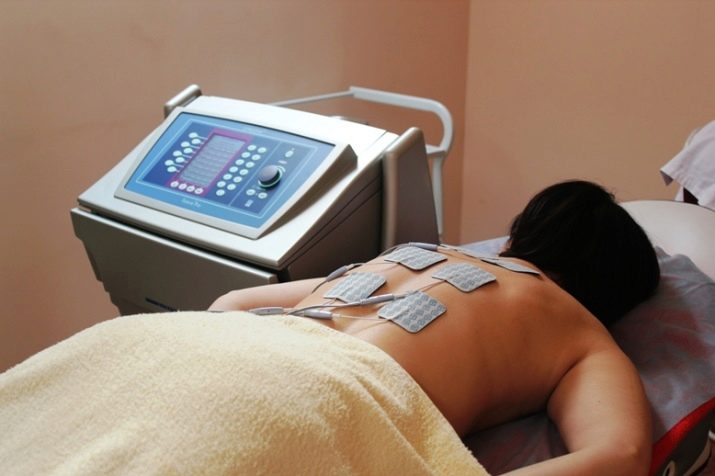
Relaxation and sports are considered conscious substitutions of negative emotions for positive ones. And if you decide to act independently and, most importantly, consciously, then move according to a certain pattern.
- Find someone who will always support you. It could be someone close to you. Have him by your side when you have to donate blood for analysis.
- Do not believe in a bad outcome, but believe only in a better future. You deserve it, and it will definitely come true.
- Listen to your well-being and consciousness. If you feel good now, why should tomorrow be any different? There is no reason for that.
- Don't think about the root cause of your irrational fear. Well, an accident happened to you that never happens to anyone. It was and passed.

If you suddenly have panic attacks, then use emergency help.
- Get angry with fear. He takes away part of your life and for this is subject to complete destruction.
- Sudden fear can be removed from consciousness by quickly switching attention to an interesting subject or your dream. What do you want the most? Answer yourself to this question and visualize your goal.
- Self-hypnosis helps with panic attacks. Say to yourself, standing in front of the mirror: "I am no longer afraid of blood."









